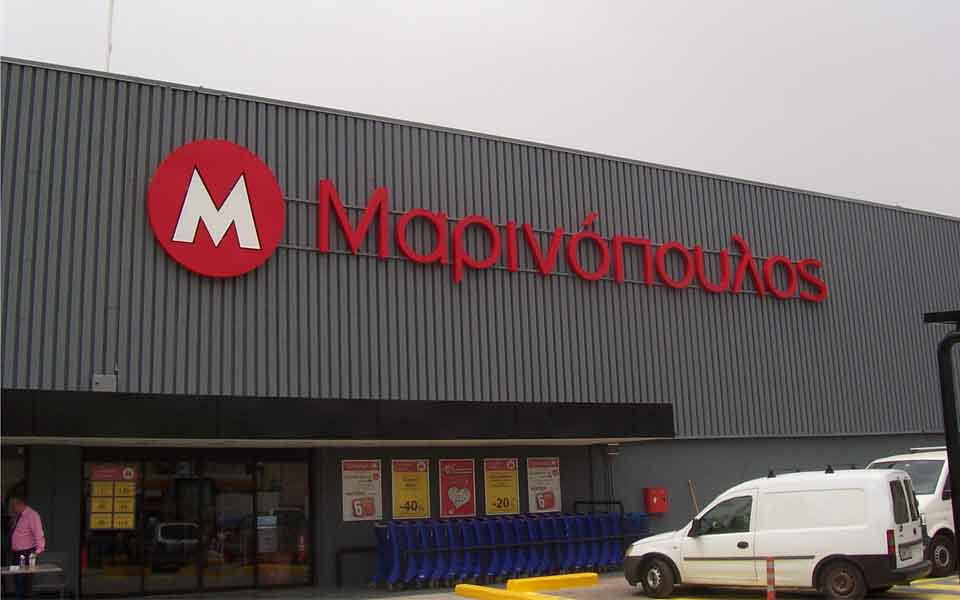Dozens more companies set to go bust by the end of this year

A number of well-known corporate names in food, car sales, healthcare and even heavy industry (led by steel companies) are among the dozens of firms expected to go bust by the end of this year. Market experts speak of as many as 50 companies going bankrupt within 2016, with many already practically in default.
The most likely scenario is for banks to capitalize the companies’ debts, with threatened firms resorting to protection from their creditors in order to gain some time.
The developments expected in the next few days include a deal in the car dealership sector, where, despite the recovery seen in the last year, there are serious problems from the accumulated decline of sales in previous years. Sources say that creditor banks are promoting a solution for the transfer of Hyundai’s representation in Greece (Hyundai Hellas) to another market player.
In the case of Euromedica, which has high levels of borrowing and negative assets, banks have opted for the capitalization of debts and a change in management.
Decision time has also come for the steel industry, with two out of the country’s three companies having been at a virtual standstill for the last few years. Sources say that discussions with banks to find a solution are under way with all market players, as the problem has to be dealt with rapidly.
In the food industry, developments depend on what happens with the crisis surrounding the Marinopoulos supermarket. Failure to find a solution will also signal the end for a large number of small suppliers as well as some larger companies whose capitalization is smaller than what they are owed by Marinopoulos. Their problem is that those debts do not have any collateral attached to them that would save the suppliers in case the supermarket chain defaults.
Although banks are among the Marinopoulos creditors that have secured some collateral, they are not any better off. That is because the collateral attached to the loans issued is far below their exposure adding up to 260 million euros, the state would take priority in being paid the over 100 million euros due to it in case of a default, and – crucially – the failure to streamline Marinopoulos would create a domino effect on enterprises that banks have also lent money to, which would then be unable to service their debts to the credit sec





